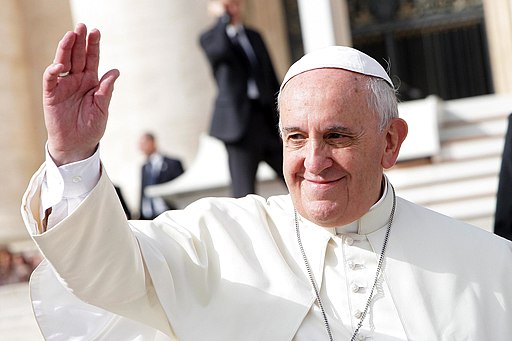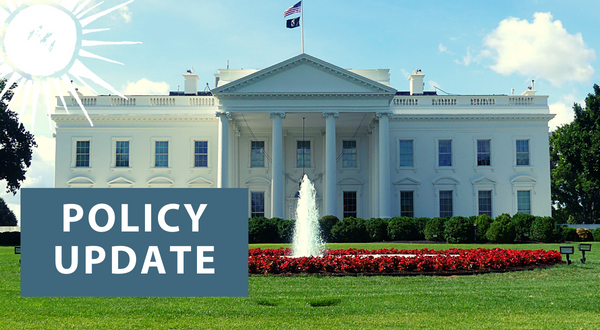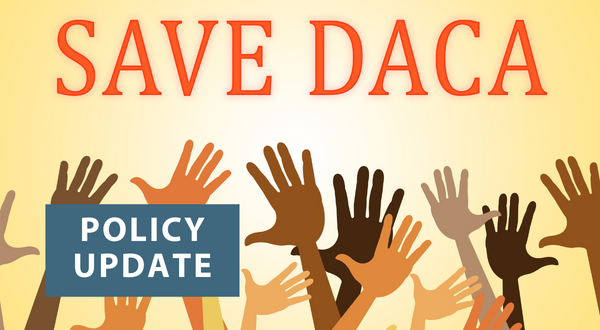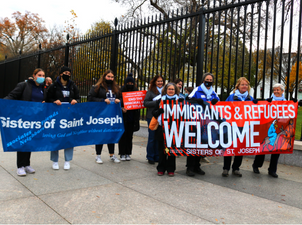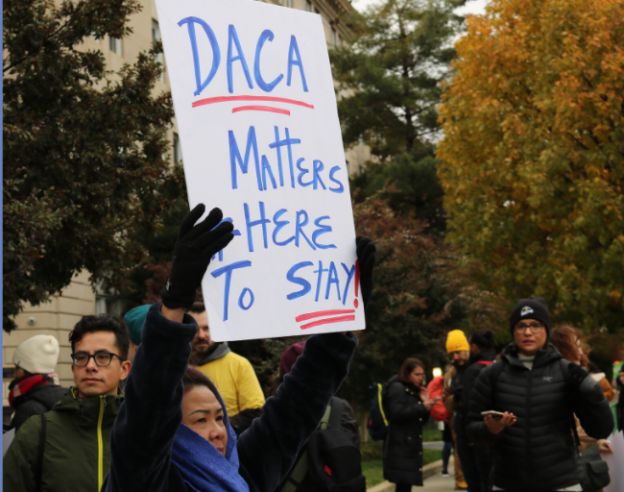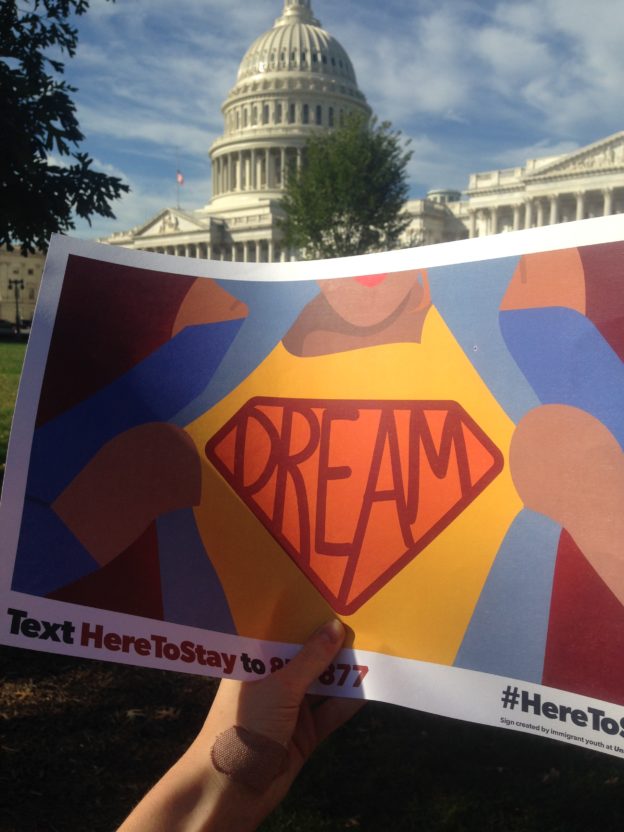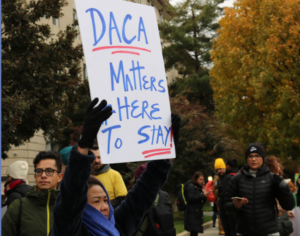
Lent Calls for Inclusion and Solidarity
Colin Martinez Longmore
March 8, 2023
Readings for the Third Sunday of Lent:
Ex 17:3-7
Ps 95:1-2, 7, 8-9
Rom 5:1-2, 5-8
Jn 4:5-42
March 13 is the 10th anniversary of the election of Pope Francis, the first pope from Latin America. He has brought a vision that challenges even most Christians to live and see the world in a way more attuned to the Gospel of Jesus Christ. Like Jesus meeting the Samaritan woman at the well, Pope Francis challenges conventional views of who is to be included at the Lord’s table. And like God showing mercy to the Israelites wandering in the desert by providing water flowing from a rock, Pope Francis calls us to show mercy to the people in our world today making their own desert crossings.
Care for migrant and refugee people has been a central theme of Pope Francis’ pontificate from the beginning – from visiting the Mediterranean island of Lampedusa, which so many people have drowned trying to reach, to offering Mass on the Mexican side of the U.S.-Mexico border in 2016. The message is clear: Migrants are part of our human family, and our actions – and inaction – affect them. Just as mistreatment of the environment in one part of the world can make other parts of the world unlivable, so too indifference toward migrant people poisons the whole world.
Throughout Lent, as Jesus prepares to empty himself of everything and identifies himself with the most marginalized people in the world, it’s essential that we recognize their cry. The Psalm this Sunday says, “If today you hear his voice, harden not your hearts.” The Lord speaks to us through the marginalized, especially those who have been displaced from their homes. Pope Francis urges us to listen.
Additional Resources
- Just Politics Podcast: Let’s be Better Neighbors in 2023
- Rep. Norma J. Torres on the kind of legislation needed to “restore basic function” to the U.S. immigration system
- Return to Lent 2023
Cover photo by Long Thiên via Wikimedia Commons







